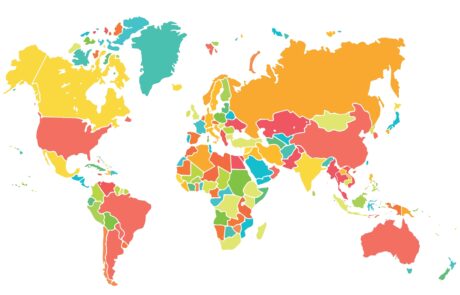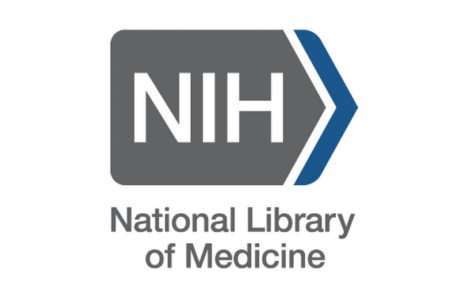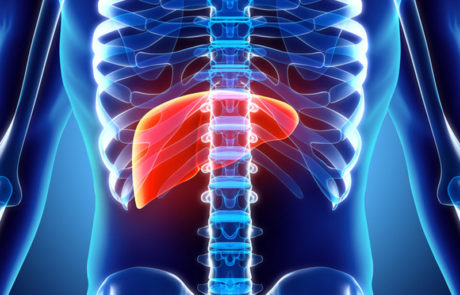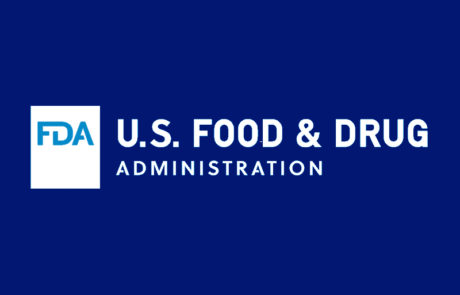
As confidence falls, biopharma companies take precautions with Chinese partnerships, survey finds
By Amber Tong
Looming US legislation targeting Chinese service providers have caused geopolitical tensions as 68% of global life sciences have modified policies for Chinese partners. Changes include increased legal and compliance requirements, and background checks for existing partners, though few companies have severed relationships completely.

Drug-induced cardiac toxicity and adverse drug reactions, a narrative review
By Destere et al
This narrative review explores various cardiac toxicities and various measures taken to limit the marketing of cardiotoxic treatments. Despite this the authors highlight the drugs with a potential risk of cardiotoxicity such as Tyrosine kinase inhibitors, Immune checkpoint inhibitors and COVID-19 vaccines. Finally, this review demonstrates that understanding the underlying mechanisms and the associated risk factors is critical in order to promptly identify, effectively manage, and proactively prevent drug-induced cardiac adverse events.

Tango Therapeutics Announces Discontinuation of TNG348 Program
By Tango Therapeutics Press Release
Medivir’s licensee Tango Therapeutics has announced that the phase 1/2 dose escalation study of TNG348, a novel USP1 (ubiquitin-specific protease 1) inhibitor, is being terminated due to liver toxicity observed in the initial study cohorts.The announcement by Tango Therapeutics has no impact on Medivir’s focus and development efforts with its lead program fostroxacitabine bralpamide (fostrox) for the treatment of primary liver cancer (HCC), states Medivir.

Antibiotic-induced neurological adverse drug reactions
By Lacroix et al
Central nervous system adverse drug reactions (CNS ADRs) are mostly rarely suspected by clinicians, though this data taken from several populations aims to illustrate the clinical patterns of these off-target ADRs and to aid clinicians in diagnosis and the management of an ADR, particularly when treating vulnerable patients.

Emerging Drug Safety Technology Meeting (EDSTM) Program
By The FDA
The FDA has launched the Emerging Drug Safety Technology Meeting (EDSTM) program, with the goal to give sponsors the chance to ask the FDA questions as they they implement AI and other methods to monitor drug safety. The first deadline to request a meeting is Oct. 1, and the FDA will respond to requests within 45 days.

Heart-on-a-chip systems: disease modelling and drug screening applications
By Butler et al
Traditionally animal models such as mice have been used for modelling cardiovascular disease and therapeutic screening methods. However, often animal models do not sufficiently recapitulate human physiology causing poor translation of therapeutics from pre-clinical work into clinical trials. Heart-on-a-chip (HoC) systems are a part of the broader organ-on-a-chip paradigm that leverages microfluidics, tissue engineering, microfabrication, electronics, and gene editing to create human-relevant models for studying disease, drug-induced side effects, and therapeutic efficacy.

Providing Regulatory Submissions in Electronic Format:IND Safety Reports Guidance for Industry
By The FDA
The release of this final guidance document describes the electronic format sponsors will be required to use when they electronically submit IND safety reports to CDER and CBER for serious and unexpected suspected adverse reactions

CDC immunisation advisers vote to shrink recommendations for RSV vaccination
By Zoey Becker
Centers for Disease Control and Prevention’s Advisory Committee on Immunization Practices (ACIP) have issued new guidelines for the RSV vaccination. They now recommend a smaller population size including adults aged 75 years and older and those aged 60 to 74 with a higher risk of severe disease receive a single lifetime dose. This comes as 23 of the 9.5 million people who have received the vaccination have developed Guillain-Barré syndrome.

Clinical Pharmacology Considerations for Antibody-Drug Conjugates Guidance for Industry
By The FDA
New documents released by the FDA provides guidance on the development of antibody-drug conjugates (ADCs) specifically with a cytotoxic small-molecule drug or payload. The guidance outlines clinical pharmacology considerations and recommendations for bioanalytical methods, dosing strategies, dose- and exposure-response analysis, intrinsic factors, QTc assessments, immunogenicity, and drug-drug interactions (DDIs).
